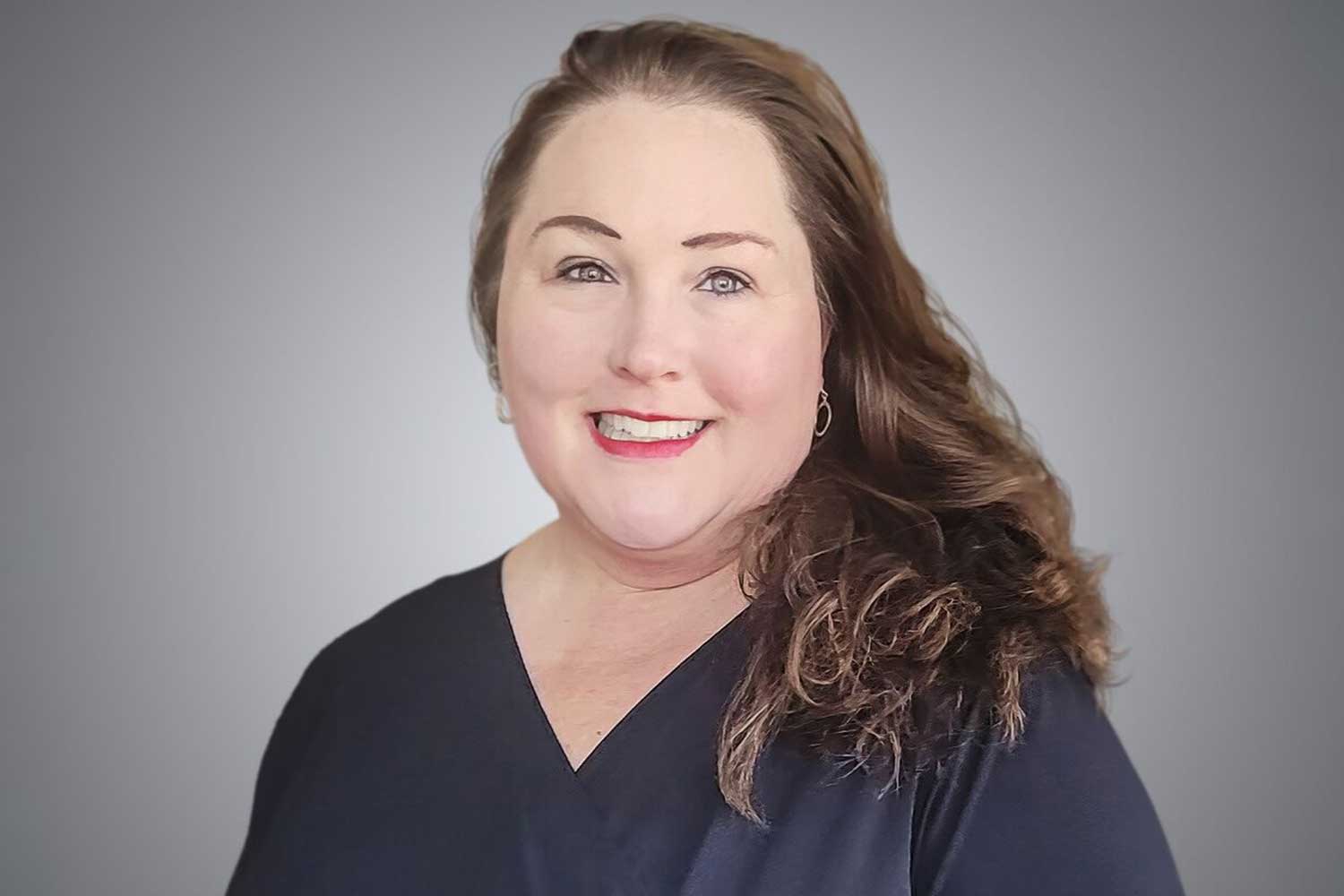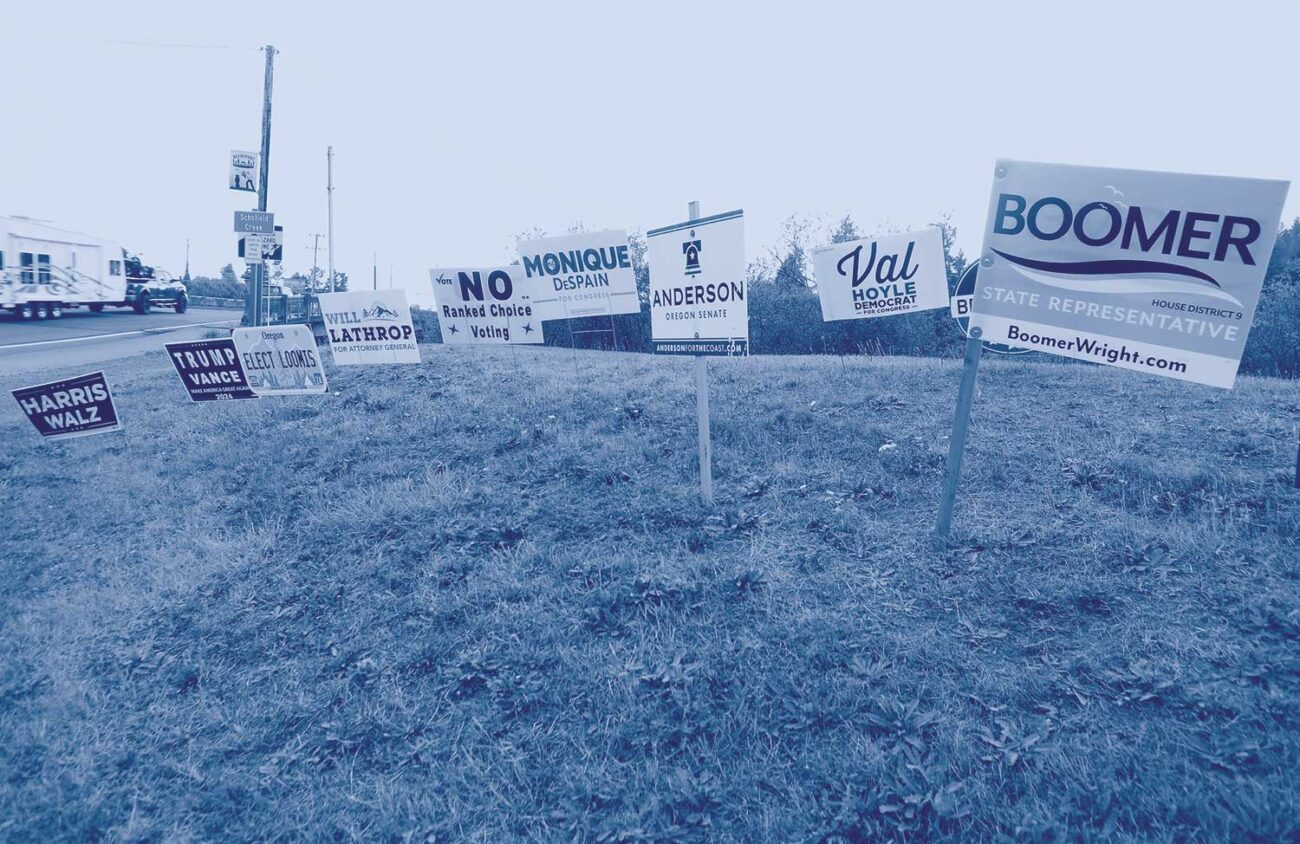Those registered to vote in Oregon will find their ballots looking a tad bare this November. There aren’t fewer races, though. There are fewer candidates.
Of the 36,049 nationwide political races that Ballotpedia has analyzed so far this year, 75 percent were uncontested — they had only one candidate vie for the position. Ballotpedia is a nonpartisan, nonprofit digital encyclopedia of American politics.
In Oregon, it’s closer to 78 percent of races that are uncontested. That number will only increase following the November general elections, as in Lane County alone, 46 of the 78 government seats residents will vote to fill are uncontested. This includes state, county, district and city positions, such as Lane County Sheriff — Clifton G. Harrold — and three state representative seats.
This isn’t new for Lane County.
In the 2020 general election, 41 of 73 positions were uncontested or had no candidate, or 56 percent of races. In 2016, it was 40 of 75, or 53 percent. The number of candidates filing has decreased, too. A total of 117 candidates filed for the 2024 general election, compared to 130 candidates filing in 2020 and 147 in 2016.
Chandler James, an assistant professor of political science at the University of Oregon, says Ballotpedia’s findings challenge “our basic principles when it comes to our value of democracy.”
“Electoral competition adds accountability for candidates,” he says. “If they know that they’re going to have a competitor, then they behave differently than if they believe that their position is secure. Furthermore, it provides voters a choice. And when voters are given a choice, they’re actually able to provide information and express their values and their beliefs regarding how the government should operate.”
If contested races are so important for our democracy, then where are all the candidates going?
First, it’s important to note that Oregon’s primary election in May helped determine who would be appearing on the ballot for the general election. In order to be the only one vying for a seat in the local general election, candidates must win a simple majority, or 50 percent plus 1, of the vote.
Take, for instance, the race for Eugene mayor. In May, Kaarin Knudson faced Stefan Strek and Shanaé Joyce-Stringer for the Eugene mayoral seat. Knudson won the primary election with a simple majority — over 73 percent — so her name is the only one that appears on the November ballot.
However, not all uncontested races in the general election are decided in the primary.

Rachel Bitecofer, a nationally renowned political strategist and elections forecaster, says there are multiple reasons why local races that aren’t decided in the primary election go uncontested in the general.
“To run for office is very labor intensive, and people are very disincentivized to do that when they sense that they can’t win,” Bitecofer says. There are many factors that impact whether a candidate believes they can win, but one of the largest is party identity.
In 2020, “we figure that 96 percent of people who are Democrats or independents who lean Democrat voted for the Democrat, 96 percent of the Republicans and the people who said they lean Republican voted Republican,” Bitecofer says. “When I say that partisanship is the be all, end all of vote choice, I mean it.”
With partisanship playing such an integral role in vote choice, she says, it’s unlikely that a Republican running in a Democratic district or vice versa would win against an incumbent who aligns with the district’s political party. That doesn’t even begin to touch on the public’s overwhelming lack of interest in local politics.
“For most people, politics begins and ends at the presidency,” she says. “With local politics, people think, ‘Oh, it’s local, so it’s close to people. It’s going to be something that they’re much more interested in.’ It’s actually the exact fucking opposite.”
However, James says voters should still pay attention to the uncontested races and consider whether or not to ink in that little oval, even if it won’t affect who takes office.
“It matters for candidates,” he says. “It can have some symbolic value depending on the number of votes that are cast relative to the number of votes cast in other races.” For instance, if 10,000 people vote on a contested race but only 5,000 people vote on an uncontested one, it sends a message to the uncontested candidate.
Both James and Bitecofer agree that, when it comes time to fill out your ballot, it’s important to vote in every race. Even if your vote is against an uncontested candidate.
“You never know if you’re going to be the [tiebreaker] vote,” Bitecofer says.
Uncontested Races in Lane County
State
State Representative, 8th District: Lisa Fragala
State Representative, 10th District: David Gomberg
State Representative, 14th District: Julie Fahey
Judge of the Supreme Court, Position 1: Stephen K. Bushong
Judge of the Supreme Court, Position 7: Bronson D. James
Lane County
Lane County Sheriff: Clifton G. Harrold
North Commissioner Position 4: Pat Farr
South Commissioner Position 3: Laurie Trieger
City
Coburg Mayor: Nancy Bell
Cottage Grove Councilor, Ward 2: Randell Lammerman
Cottage Grove Councilor, Ward 4: Greg Ervin
Dunes City Mayor: Ed McGuire
Dunes City Councilor: Chris Clemons
Eugene Mayor: Kaarin Knudson
Eugene Councilor, Ward 1: Eliza Kashinsky
Eugene Councilor, Ward 2: Matthew K. Keating
Eugene Councilor, Ward 7: Lyndsie Leech
Eugene Councilor, Ward 8: Randy Groves
Florence Mayor: Rob Ward
Junction City Mayor: Ken Wells
Lowell Councilor, Position 2: Jimmy Murray
Lowell Councilor, Position 3: Maureen Weathers
Lowell Councilor, Position 5: Gail Harris
Westfir Mayor: Shawn Anderson
Westfir Councilor: Linda M. Love
Eugene Water & Electric Board
Wards 1 & 8: Tim Morris
Wards 2 & 3: John Barofsky
Wards 6 & 7: Sonya Carolson
Springfield Utility Board
Position 1: David C. Willis
Position 2: Teresa (Terri) Dillon
Position 4: Ryan Thomas
Position 5: Bruce K. Webber
Linn Soil & Water Conservation
Director, Zone 2: Hans D. Coon
Director, Zone 4: Delani Herb
Director, Zone 5: Kreston J. Koziuk
Director, At Large 1: Steven R. Kendall
Siuslaw Soil & Water Conservation
District Director Zone 2: Raymond (Ray) E. Kinney
District Director Zone 3: Kevin Carroll
Upper Willamette Soil & Water
Director, At-Large 1: Ben Larson
Director, Zone 2: Genevieve R. Schaack
Director, Zone 3: Andy Burke
Director, Zone 4: Craig B. Marcus
Director, Zone 5: Art Ayre
Central Lincoln People’s Utility District
Director, Subdivision 3: Rick Yecny
Emerald People’s Utility District
Director, Subdivision 4: Brian Parker
Director, Subdivision 5: Charles Kimball
